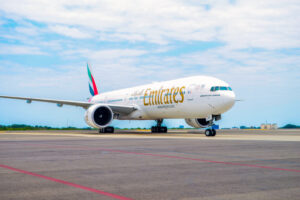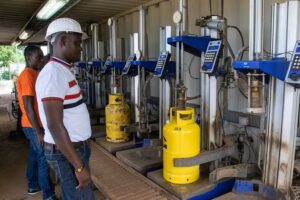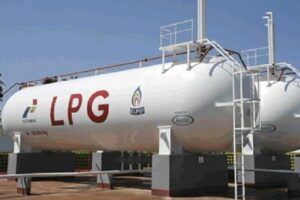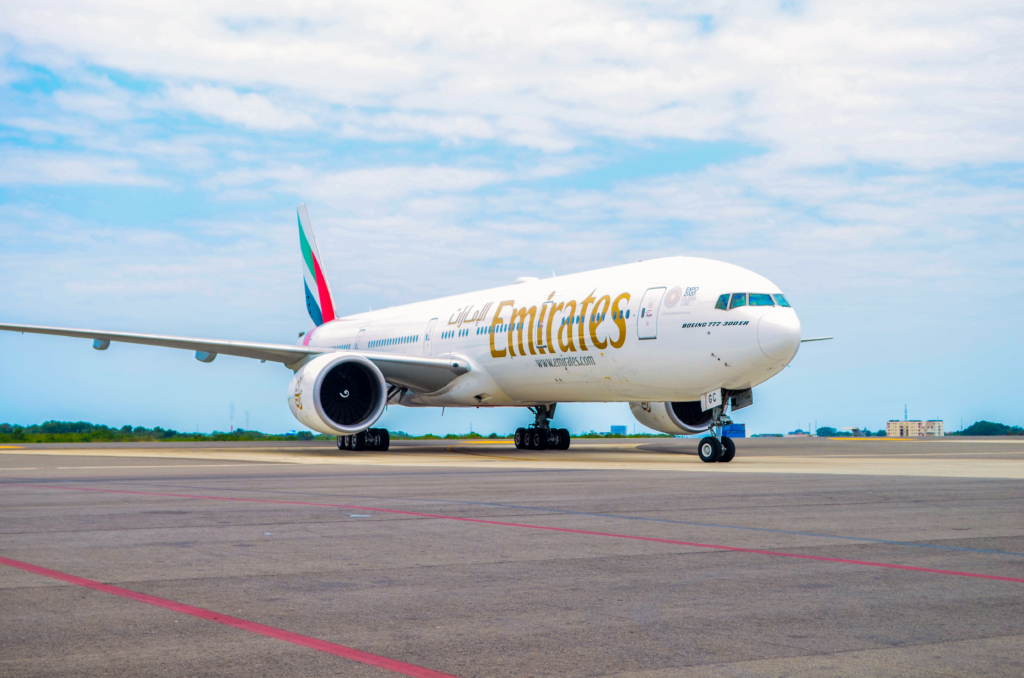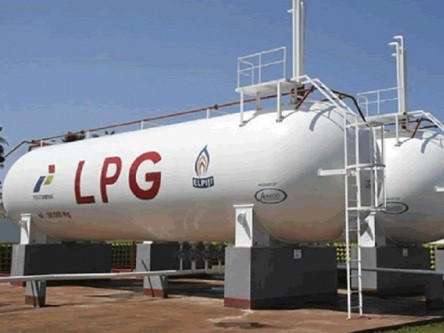The Automobile Association of Ghana (AAG) has announced plans to support the government’s flagship 24-Hour Economy initiative, signaling a major shift in how the transport and automotive sectors can power Ghana’s round-the-clock productivity agenda.
Speaking at the launch of the new Volkswagen T-Cross in Accra, Jeffrey Oppong Peprah, President of the Association, said the AAG is developing a strategic framework aimed at ensuring that mobility services, logistics operations, and vehicle accessibility effectively align with the government’s vision for continuous business operations.
“As a key stakeholder in the transport and automotive industry, we recognize the critical role mobility plays in sustaining production and service delivery under a 24-hour economy,” Mr. Oppong Peprah stated. “Our aim is to help create a reliable system that keeps Ghana moving day and night.”
Driving Efficiency in a 24-Hour Economy
The 24-Hour Economy initiative, a cornerstone of Ghana’s industrial transformation agenda, seeks to promote continuous business operations across key sectors such as manufacturing, logistics, energy, and services. The goal is to boost productivity, enhance job creation, and stimulate inclusive economic growth.
The AAG’s commitment aligns with this broader national strategy by addressing one of the critical enablers of 24-hour operations — efficient, reliable, and safe mobility infrastructure.
According to the Association, transport efficiency and vehicle reliability are essential to sustaining productivity, particularly for industries that depend on seamless supply chains, just-in-time deliveries, and extended working shifts.
“Our contribution goes beyond vehicles,” Oppong Peprah added. “We’re focused on ensuring that Ghana’s transportation ecosystem — from road networks to maintenance systems and driver support — can sustain continuous operations safely and efficiently.”
Supporting Industrialization and Job Creation
As part of its strategy, the Automobile Association of Ghana is exploring collaborations with auto manufacturers, logistics providers, and financial institutions to make vehicle ownership and fleet management more accessible for businesses operating under the 24-hour framework.
This includes flexible financing models, vehicle maintenance partnerships, and round-the-clock service hubs that can support businesses running multiple shifts.
Industry analysts note that such partnerships could enhance industrial efficiency and create new job opportunities in the automotive and transport service sectors — from mechanics and drivers to logistics managers and digital mobility platform developers.
Mr. Oppong Peprah noted that these interventions are designed to complement the government’s industrialization and job creation agenda, ensuring that mobility does not become a bottleneck in Ghana’s drive toward a 24-hour economy.
Volkswagen’s New T-Cross Launch: A Symbol of Modern Mobility
The announcement coincided with the launch of the Volkswagen T-Cross, a compact SUV designed for both urban and cross-country mobility. The model reflects the growing demand for versatile, fuel-efficient, and durable vehicles capable of handling Ghana’s expanding transport network and increased usage cycles anticipated under the 24-hour policy.
Volkswagen’s local assembly operations in Ghana have been seen as a major boost to the government’s automotive development policy, further reinforcing the link between industrial production and economic modernization.
The Road Ahead: Building a Resilient Mobility Ecosystem
As Ghana’s policymakers push for greater productivity through extended working hours and round-the-clock services, the role of the Automobile Association becomes even more critical.
Experts say that achieving a sustainable 24-hour economy will require integrated policy implementation — combining energy security, road safety, vehicle financing, and digital logistics systems.
The AAG’s involvement could serve as a catalyst, ensuring that transport and mobility do not lag behind other sectors but instead become the driving force of Ghana’s continuous growth model.
If implemented successfully, Ghana’s 24-hour economy could become a regional benchmark for productivity-driven development, demonstrating how coordinated policy, private sector participation, and innovation can create a thriving, modern economy that never sleeps.
Source: Accra Business News
Disclaimer: Some content on Accra Business News may be aggregated, summarized, or edited from third-party sources for informational purposes. Images and media are used under fair use or royalty-free licenses. Accra Business News, an extension of Accra Street Journal is a subsidiary of SamBoad Publishing Ltd under SamBoad Holdings Ltd, registered in Ghana since 2014.
For concerns or inquiries, please visit our Privacy Policy or Contact Page.
📢 GET FREE JOBS + TIPS
Others are getting instant job updates and career tips on our WhatsApp Channel. Why miss out?
📲 Join SamBoad Jobs Channel Now





